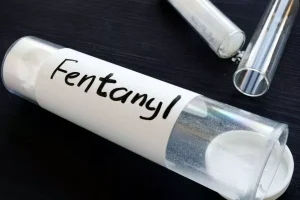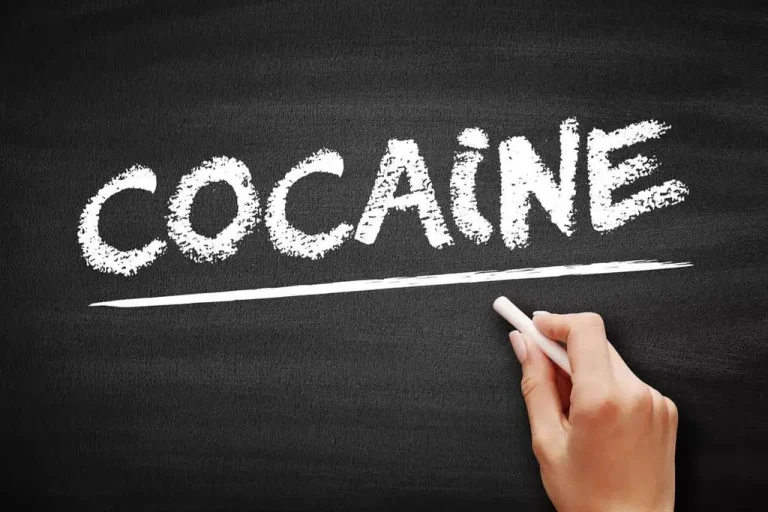
Treatment may not lead to complete recovery, and patients, especially those with Type II, must learn to cope with the visual disturbances. In many accounts, accepting the visual phenomena helps patients learn to ignore them. One theory of why psychedelics cause visual hallucinations is that they stop information incoming into the visual cortex from being filtered out. In turn, this causes visual ‘noise’ to appear in people’s visual fields. In HPPD, the filtering mechanism may remain switched off even after the drug has worn off.
How Common Is HPPD?
In some cases, people experience HPPD after their very first use of a drug. Other people use these drugs for many years before experiencing symptoms. Type 1 HPPD is typically experienced as brief, random “flashbacks.” On the other hand, type 2 HPPD is generally long term, disturbing, and pervasive.
Signs of Hallucinogen Persisting Perception Disorder (HPPD)
Today, Phenytoin is not used for HPPD treatment due to its troubled side effect profile. Levetiracetam has shown to reduce some visual symptoms as well as HPPD related-depersonalization and derealization 80. Lamotrigine has shown to be efficacious in a recent severe case of HPPD with some EEG abnormalities (Anderson et al., 2018). These medications may also be helpful when visual disturbances are accompanied by co-occurring mood swings and mood disorders.

6. Second Line Medications
- Non-pharmacological management could include brain stimulation treatment, but this has not been fully substantiated or investigated.
- Prior substance users can voluntarily elicit or produce visual disturbances with or without known triggers 4,17,18.
- A doctor can help provide advice on managing HPPD symptoms and may prescribe a course of drug therapy to help.
- If a doctor is not sympathetic to a person’s symptoms or does not want to explore HPPD as a diagnosis, then it is a good idea to speak to a different doctor.
The primary risk factor for HPPD disorder is using LSD and other hallucinogenic drugs. Flashbacks are common in people with posttraumatic stress disorder (PTSD). In PTSD, the flashbacks take over many of your senses at once and enhance your feeling of being in the past. There is little evidence that an individual’s chances of developing HPPD increase with their frequency of drug use; the disorder can also occur in people who have had little experience with hallucinogens. People with Hallucinogen Persisting Perception Disorder re-experience the same hallucinations they had on a past psychedelic “trip.” Oftentimes, these hallucinations are visual but they can affect the other senses as well.
Getting diagnosed with HPPD
These factors will help your doctor reach a diagnosis and help you avoid possible complications from drug interactions. If you experience unexplained hallucinations, it’s important to see a doctor. This is especially true if you experience these episodes frequently. The doctor may perform an examination, obtain laboratory tests, and take an image of your brain.
HPPD is divided into two types, according to the kinds of hallucinations the person experiences. In Type 2, the experience is more disturbing and persistent, and an individual may experience consistent changes in vision. Every person who has visual disturbances as a result of HPPD experiences them slightly differently. https://ecosoberhouse.com/article/hallucinogen-persisting-perception-disorder-hppd-symptoms/ Support groups may also offer a sense of community for individuals with HPPD.
There is usually a latent, asymptomatic period following the initial intoxication, before the onset of returning visual disturbances and other hallucinations. This latent period could range anywhere from minutes to years1118. Abraham suggested that all three can arise from a broader mechanism of disinhibition in sensory perception, affect and sense-of-self occasioned heroin addiction by psychedelic experience.

Substances
While specific HPPD groups may be difficult to find, broader mental health or substance use forums may be helpful. While the path to managing HPPD can be challenging, combining therapy, medication, alternative treatment options, and self-care may help individuals navigate their symptoms, reduce distress, and enhance their overall quality of life. Overall, the signs and symptoms of HPPD can significantly disrupt an individual’s daily life, causing distress and sometimes leading to social isolation or withdrawal.
- While specific HPPD groups may be difficult to find, broader mental health or substance use forums may be helpful.
- Learning relaxation techniques like deep breathing or mindfulness exercises can help those with HPPD disorder remain more in control when flashbacks occur.
- The primary risk factor for HPPD disorder is using LSD and other hallucinogenic drugs.
- Therefore, larger-scale studies are essential to confirm the effectiveness of this approach and potentially incorporate it into future treatment strategies for HPPD.
HPPD can occur in combination with other mental disorders, such as panic disorder, alcohol use disorder, and depression, according to the DSM-5. Some types of therapy used to treat those conditions may be helpful in managing HPPD symptoms as well. The effects of taking larger doses of hallucinogens should wear off over the course of six to 15 hours. HPPD symptoms, however, persist long after the normal active life of the drug and can be either episodic or mostly continuous. These symptoms can last for weeks, months, and sometimes even years. In some cases, the condition becomes chronic, while in other instances, people can suppress the feelings and function normally.

What Are Hallucinogens?
HPPD causes several symptoms, which can vary from person to person. Usually, people experience symptoms affecting their vision or mood. Dr. Nelson has worked in the behavioral health field for more than 22 years. He has served as a clinical director, clinician, and supervisor for mental health pro- grams in acute, sub-acute, and outpatient facilities, and in primary care. Although there’s no cure for the condition, treatment for HPPD can reduce symptoms and help people with the disorder lead fuller lives. FHE Health offers inpatient and outpatient treatment options that can help you or your loved one learn to cope with HPPD disorder.
